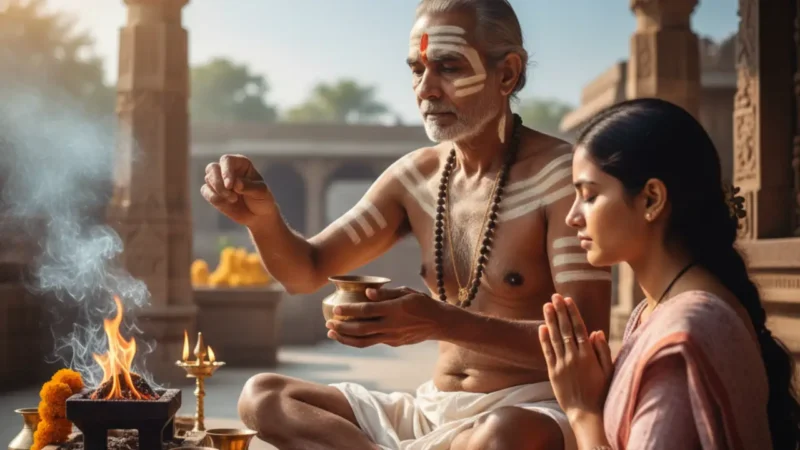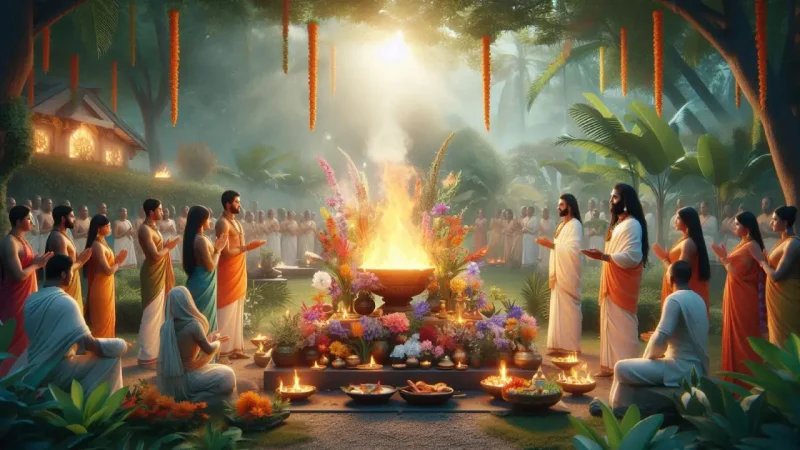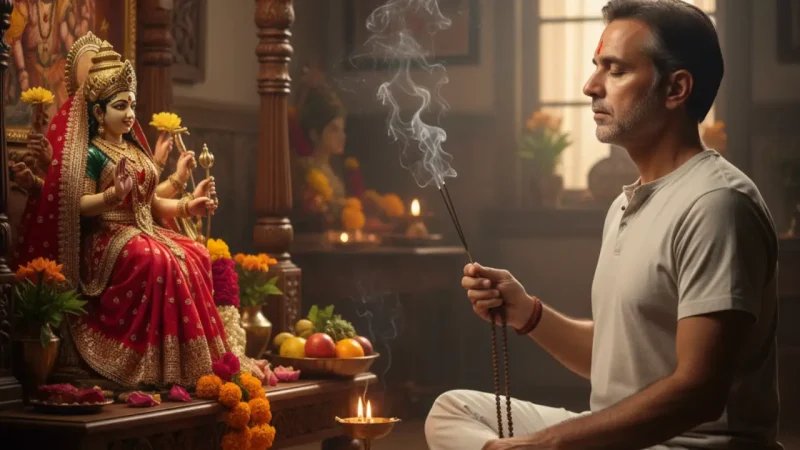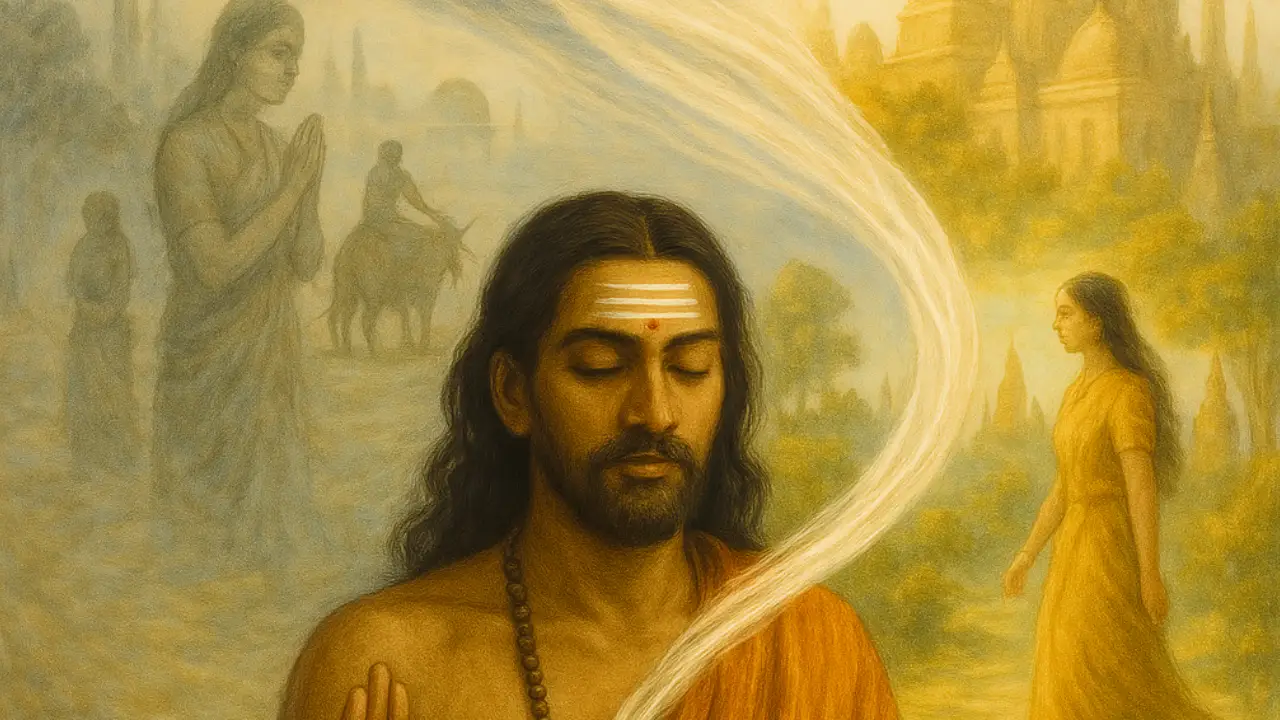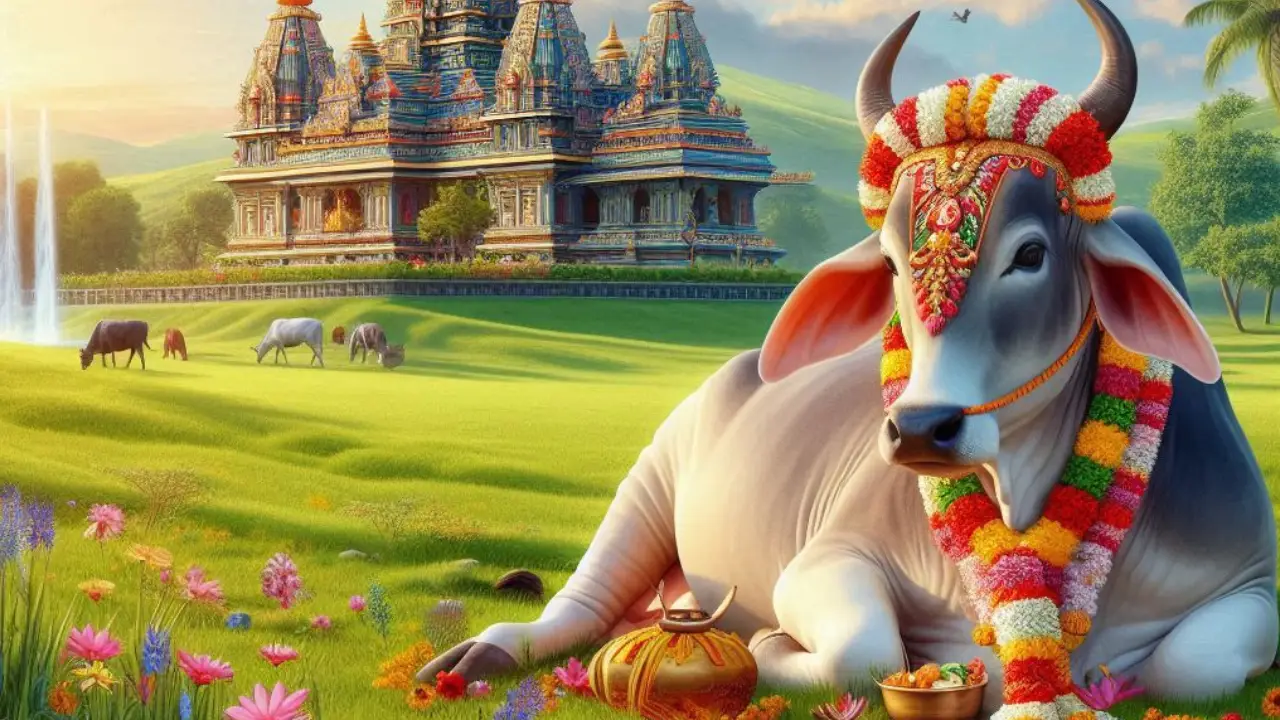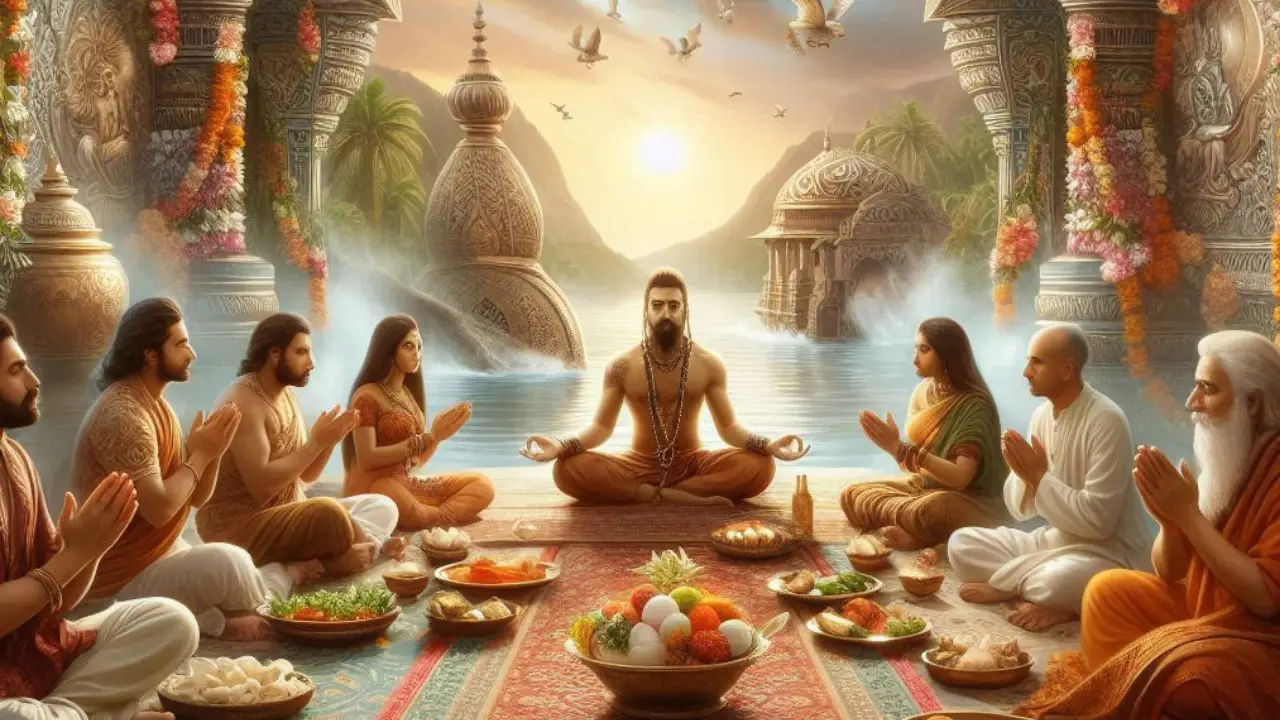piritual seekers often feel curious about the quiet power of ritual objects. Many Hindu families trust Vibhuti the sacred ash from childhood itself. The simple grey ash looks ordinary, yet millions experience it as deeply transformative. It connects memory, devotion,…
Category: Hinduism
Hinduism is diverse, old, and complex, with spiritual, cultural, and philosophical elements. It originated in the Indian subcontinent. It lacks a single founder or centralized authority, making it diverse and decentralized.
Hinduism advocates virtuous and ethical living in harmony with duty, guided by dharma. The moral code stresses interconnectedness and fulfilling obligations to family, society, and cosmos.
Hinduism’s pantheon includes Brahma, Vishnu, and Shiva, representing various aspects of the divine. Deities are revered in different forms, and individuals may choose a personal connection.
Karma plays a central role, determining future existence through samsara’s cycle. Accumulating good karma leads to a better future or liberation from reincarnation (moksha).
Integral practices like yoga and meditation aim for self-realization and unity with the divine. Hindu rituals and festivals express devotion, celebrating nature, epics, and good triumphing over evil.
With over a billion adherents, Hinduism evolves while preserving core principles. Its inclusivity allows harmonious coexistence with other religions, shaping India’s cultural landscape and influencing the world.
The symbolism of the swastika in Hinduism carries profound meaning. It is one of the oldest and most sacred symbols still in use today. The sign is not just an image but a key to understanding deeper truths about life,…
The lotus flower has fascinated saints, seekers, and artists for centuries. Its unique ability to bloom beautifully above muddy waters makes it more than a symbol of beauty. For many cultures, especially within Hinduism, the lotus flower carries deep spiritual…
Spiritual seekers across generations have spoken about the transformative power of the sacred fire. The Havan, a deeply revered Vedic ritual, is not just a symbolic offering but a profound practice that purifies the environment, uplifts the mind, and connects…
Chanting the divine name, or namasmarana, holds a sacred place in Hindu spiritual practice. It offers a simple yet powerful way to connect with the Divine in daily life. Many saints have emphasized its importance over centuries, and its relevance…
Few things carry deeper emotional and spiritual significance than the festivals in Hinduism. These are not just events on a calendar. They are living traditions that bring families closer, reinforce values, and offer a path to the divine. Two such…
Have you ever felt like something was missing, even when everything seemed perfect? That strange emptiness points toward a deeper truth. Hindu philosophy calls it Maya—a concept that invites us to question what we see, feel, and believe. But the…
,A child’s first instinct is to call out to its mother. That natural longing, that deep trust, is what bhakti feels like. Bhakti in Hinduism is more than just prayer or worship—it’s about love. A personal, emotional connection with the…
Cows hold a special place in Hindu traditions. Their significance goes beyond religious beliefs, touching daily life, culture, and values. Understanding why cows are considered sacred offers insights into India’s spiritual and social practices. Let’s explore more about cow worship…
Fasting holds deep significance in Hinduism. Beyond its physical benefits, it nurtures mental clarity and strengthens spiritual discipline. For centuries, devotees have been guided by fasting in Hinduism toward self-control, inner peace, and stronger faith. The Deeper Meaning of Fasting…

